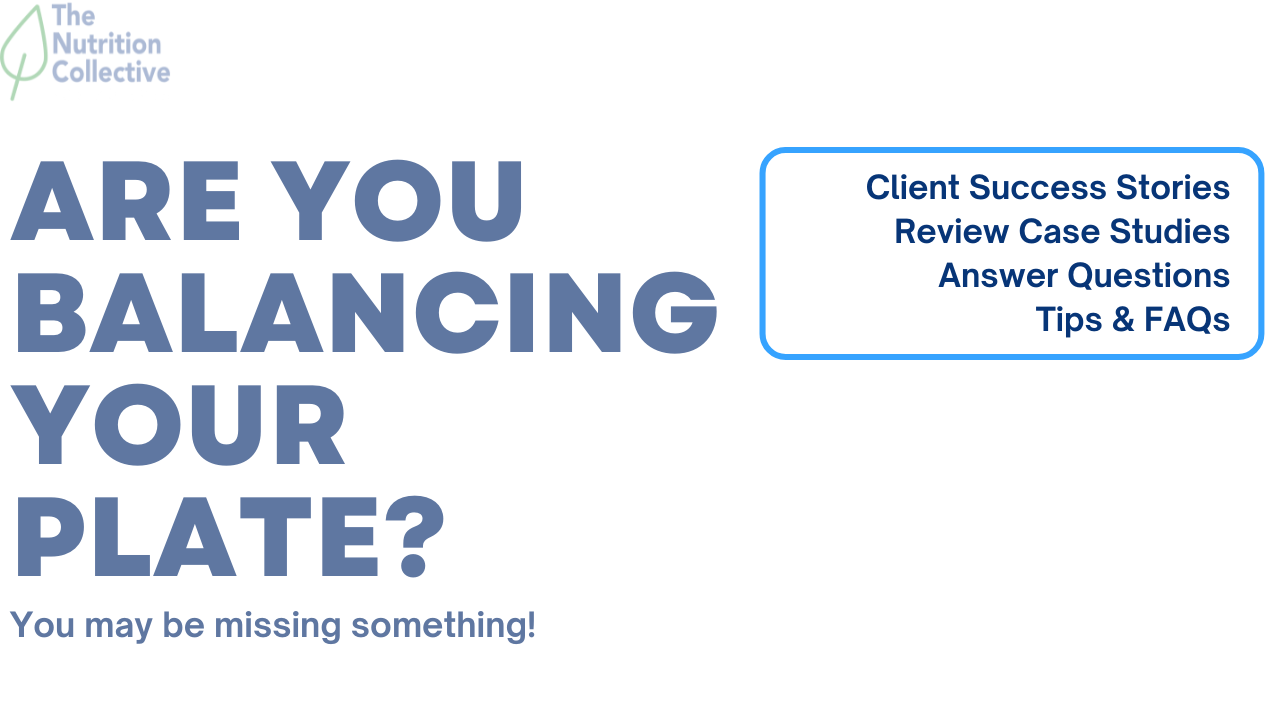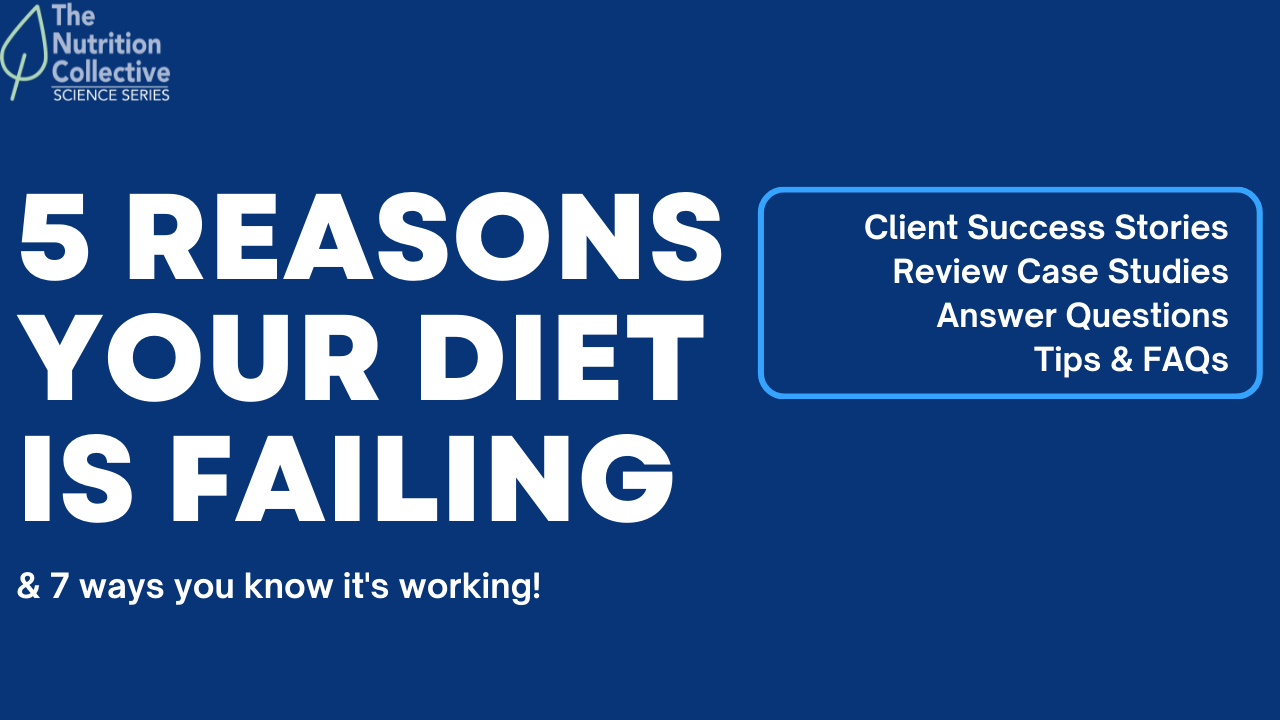Stress and anxiety is a part of our life, and for some, it’s even their bread and butter. Parents live with stress every day, while some professionals exist to handle and solve stress as their job. No one ever lives without experiencing beads of sweat from kids’ early morning school run or heaping deadlines at work.
Stress and anxiety are different but they coexist and persist in our lives.
Stress is anything that demands something from us physically and mentally. It’s the everyday challenges we face. Crappy commutes. Seeing a mess in a room you just cleaned. An unbearable coworker, client or neighbor. It can also be small or big events brought by sudden changes, like getting a promotion and having to deal with bigger responsibilities.
Anxiety, on the other hand, is the feeling of unease and fear occurs simultaneously, or follows in tandem, with the feeling of stress. Or even before you have any stress, it’s your brain anticipating it. You can feel it in the form of clammy hands, racing heartbeat, and/or restlessness.
These two come hand in hand, permeating the smallest mundane activities to biggest life decisions.
For a fresh and smart start this year, it’s time to evaluate the unhealthy stresses in your life and make lasting changes fix them.
How Stress And Anxiety Affects Us
You’re bound to feel stress at some point of your life and it’s normal. We all do. Sometimes it pushes us to work harder, and sometimes it can be detrimental to our health.
So it’s important to set a clear boundary between the good stress and the chronic stress that can put your health at risk.
Stress And Anxiety Can Motivate
Short-term stress and anxiety is actually good because it allows one to become more alert. It empowers you to respond quickly to situations that our brain perceives as a threat.
Once your body is placed under stress, it triggers the release of adrenaline hormones into our bloodstream. This kickstarts a fight-or-flight response which enables us to perform beyond our common limitations.
You’ve heard about people who mustered ‘superhuman’ strength and made it out of a fire carrying their loved one. Or it could be you who reached your quota just two minutes before the clock when just an hour ago, it was an impossible task.
It’s all cool until it becomes a consistent activation of flight-or-fight response– which messes up with body processes and puts you at risk of many health problems.
Long-Term Stress And Anxiety Causes Health Problems
Workouts actually put your body in levels of stress to build your strength and endurance. As you can see, stress can be a magic pill that lets you run that extra mile or perform well under pressure. But it’s only good as long as it’s temporary. Chronic stress and anxiety in everyday life takes a toll on your health.
In fact, according to research, stress is linked to the six leading causes of death in the United States: cancer, heart diseases, respiratory ailments, accidents, liver cirrhosis, and suicide.(1)
You shouldn’t have to live life with stress and anxiety plaguing the majority of your days.
Top 5 Lifestyle Changes For Defeating Stress And Anxiety
This year is your chance to clean up your junk drawer and think of the lifestyle adjustments you can make. Your lifestyle dictates how your body reacts to different stressors, and a simple adjustment can be a huge, powerful tool to prevent and better handle stress and anxiety.
Your lifestyle is usually a pretty good indicator of why you’re always burned out, exhausted or plain unable to sleep at night due to anxiety. Mindfulness and making lasting changes can help make you happier, more than just managing your stress and anxiety.

1. Remove The Stressors In Your Life
If a job or a lifestyle stresses you on a day-to-day basis and it affects your life in general, it might be best to cut yourself from it. Or limit your exposure to it.
But sometimes, even if the stressful situation is eating away at you, you find it difficult to leave because you’re so used to it that starting anew is equally scary, if not more. Ask yourself, is it worth your peace of mind?
If you can, take that leap of faith. Quit that job. Get on that plane. Start that business. Say yes or no, say what you want. Your situation will not change unless you change it.
2. Guard Your Mindset.
If you can’t remove yourself from the situation, say, a hard-earned opportunity that you can’t just drop, change your perception around it. Stop calling it an opportunity. Call it what it is: a landmine, a quagmire that trapped you, and so on.
But after you’re done with acknowledging what really causes you that stress, it doesn’t hurt to ‘compromise’. In fact, you’ll be the one benefiting from it.
Yes, what causes the stress is still there, but what if you change your internal response? You’ll gain peace of mind that can’t be easily disturbed by the opinions of your neighbors, snide remarks of your boss, or the piercing sound of your toddler’s crying.
Here are some ways on how to guard your mindset effectively.
Respond, Don’t React
When your child shows you an F on their report card, your initial reaction may be to get mad and scold them right then and there.
But what if… you acknowledge that yes, it really is frustrating. But after you process that for a second, talk to them with rationality and empathy.
Responding takes active listening, that skill that makes you empathize with what’s said and unsaid, and acknowledging them instead of letting your own feelings scream out.
When you respond, you consider the possible outcome of what you’ll say or do. You have goals, even if that goal is to comfort that person or perhaps to motivate them. But when you react, it’s usually instinctive. It can be positive or negative, depending on what you feel. Reacting is emotional, and responding is emotional intelligence.
In the above example, the bad grade is probably frustrating for your child, too. Hug your child, ask if there’s something that bothers them and if there’s something that you can do about it. Work together through it. That’s how response is done. Reacting is easy. Response takes control. Exercise that control and response will soon be easy, too.
Responding is a more effective way of dealing with stress than reacting. And it benefits your relationships with others.
Cognitive Restructuring

Anyone of us can have a faulty way of thinking, or cognitive distortion.
It’s when you fail at something maybe one or two times but you resort to thinking that maybe you’re just not cut out for it. You may fail in securing a position and immediately think you suck. (When in fact, maybe you just lacked in effort or should have persevered more.)
If you’re so used to seeing everything a little more on the negative side, you’ll always feel like you’re in a bad place.
Being aware of your thoughts is the first step towards cognitive restructuring, where you recognize and challenge negative thoughts. If needed, a therapist can walk you through cognitive behavioral therapy to help you form healthy thought patterns.
Practice Gratitude
Maybe your workmate is insufferable or the traffic is always bad. It’s easy to point out the things that get you down. But do you count out the good things that happen too?
While you’re stuck in traffic, you can mentally list the things you’re thankful for. Maybe it’s your comfortable working space or the quality time you spent with your sister.
By practicing gratitude even for the littlest of things, you practice positivity. It doesn’t mean you invalidate your problems, but you see reality for what it is– not just through a pessimist’s glass.
Finding Humor In Everything
Life should never be too serious. Loosen up and try to see the funny parts of even the most stressful things. You achieve this humorous lens when you finally learn to detach yourself from things outside your control.
Sometimes, you’re just too involved or too busy, or you simply take everything personally. Noticing those tiny details that can lift our moods.
3. Invest In Yourself
You can’t start working on any of your goals if it’s your body you’re neglecting in the first place. It’s a smart move to protect and nourish all your bodily systems. Your body is your only asset and no one can take care of it other than you.
Enjoy Healthy Meals.
The first step towards nourishing your body is to get the right fuel for it. Fill your plate with whole, hearty food and get enough nutrients. Fill your fridge at home with good food. Get to know the restaurants that serve healthy options.
And lastly, be grateful for the food laid out in front of you. Enjoy every bite and the experience that comes with it. You’ll find yourself feeling better after a meal.
Make Time To Exercise.
A study suggests that aerobic exercise can help protect you against the risk of anxiety and depression (2). Being physically active boosts your happy hormones and reduces the negative effects of stress on your body.
Pick an activity you enjoy. Join a gym. Hire a trainer. Invest in an upright bike and ride while watching Netflix. Or decorate a room or a corner for yoga and meditation practice.
Create An Adequate Sleeping Routine And Stick To It.
Lack of sleep is attributed to higher levels of stress. A study has shown that insufficient sleep increases anxiety and having a deep sleep reduces stress.(3)
So, it doesn’t matter if you sleep for 7 hours if your sleep quality is bad– it is light or gets interrupted every now and then.
Improve your sleeping habits and quality. You probably already know all the tips for better sleep like exercise and avoiding caffeine and alcohol. Go beyond that and put your money where your heart is. Invest in high quality beddings. Get a white noise machine if you need it. Maybe get nice lamps for mood lighting in your bedroom to prompt your mind that it’s time to turn off.
4. Cultivate Healthy Relationships
Your life shouldn’t just revolve around work or whatever worries you.
Do you spend more time on your job than with your family? Even for a couple of minutes in a day, take a break and phone a loved one. See how that refreshes you.
Catch up with a friend or if you don’t have a circle of friends, you can join clubs or online communities like Reddit or Meetup. Connecting to people with similar interests makes life more interesting and a little less sucky.
And it’s important to cut off toxic relationships, too. It’s normal to grow out of friendships when you no longer have the same interests and beliefs. Seeing posts that just stress you out? Muting your ‘friends’ on social media is healthy.
5. Take Time For Yourself

Life can get so overwhelming at times, but take time to enjoy its pleasures rather than letting stress overshadow it. This new year, make a smart and healthy start toward listening more to yourself and what you need and want.
No matter how heavy or demanding your workload is, make it a habit to allot time for yourself. Learn to say no and refuse responsibilities past your work schedule.
Whether it’s a simple alone time, enrolling for a class that hones your interest, or going out for a trip, always include self-love as part of your calendar plans.
Breaks are important. When you’re happy, you’re more resilient to stress.
When you take time for yourself, you get to examine what causes your anxiety. Maybe you’re worried about your debts? Then sit down with a cup of cocoa and strategize paying it off. That’s a load off your mind.
Conclusion
A clear, stress-free mind is your key to working towards your long-term goals. You have the power to change your situation. Honor yourself and follow what you truly want. Balance what matters and what doesn’t and think it through before you make a sudden decision. Ask yourself, “Will it be something I’d be thankful for in 10 or 20 years?”
If it’s a yes, then you’re making a smart decision.
Reference:
- Salleh M. R. (2008). Life event, stress and illness. The Malaysian journal of medical sciences : MJMS, 15(4), 9–18. https://www.ncbi.nlm.nih.gov/pmc/articles/PMC3341916/
- Salmon P. (2001). Effects of physical exercise on anxiety, depression, and sensitivity to stress: a unifying theory. Clinical psychology review, 21(1), 33–61. https://doi.org/10.1016/s0272-7358(99)00032-x
- Simon B., Rossi, A., Harvey, A.G. et al. Overanxious and underslept. Nat Hum Behav 4, 100–110 (2020). https://doi.org/10.1038/s41562-019-0754-8







